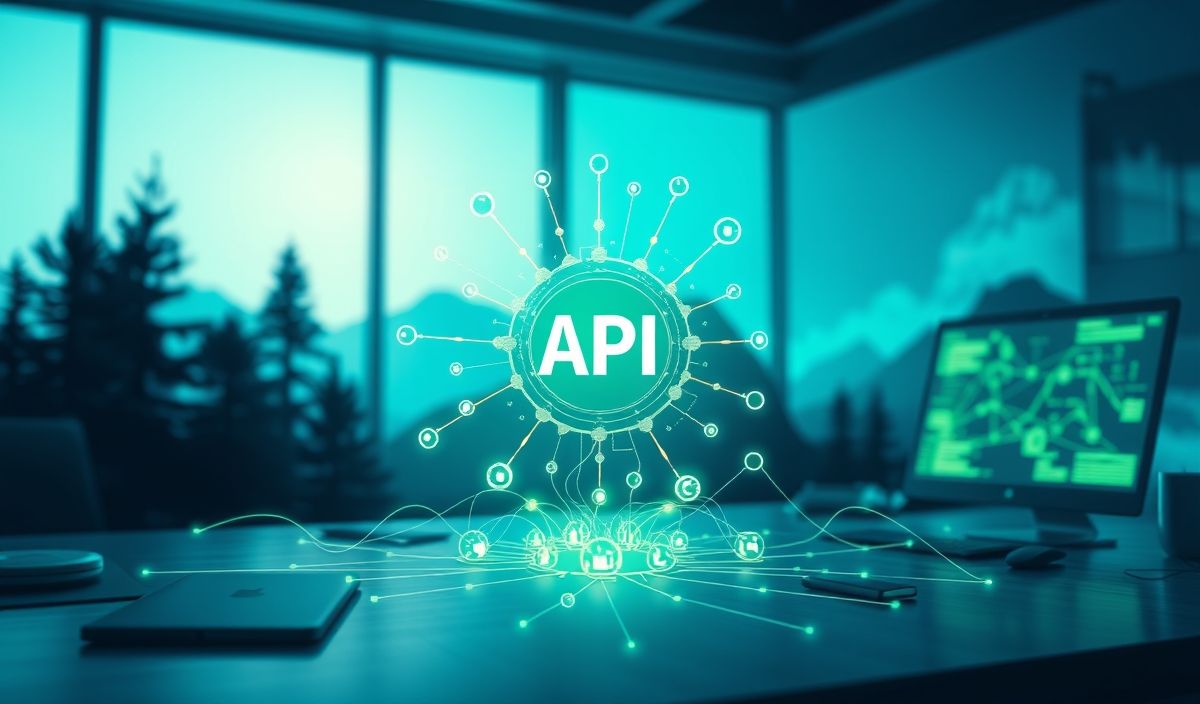SQLAlchemy: A Comprehensive Introduction and API Reference Guide
Introduction to SQLAlchemy
SQLAlchemy is a popular and powerful SQL toolkit and Object Relational Mapping (ORM) library for Python. It’s known for offering flexibility and features that make database interactions cleaner, safer, and more efficient. SQLAlchemy provides two primary layers:
- Core: A feature-rich SQL Expression Language that allows developers to interact with databases using SQL-like constructs.
- ORM: An Object Relational Mapper that lets Python objects interact with database tables, promoting more intuitive and high-level programming.
With SQLAlchemy, you can work seamlessly across relational databases such as MySQL, PostgreSQL, SQLite, Oracle, and Microsoft SQL Server. Its combination of simplicity and extensibility makes it a standard choice for many Python-based projects.
In this blog, we’ll provide an introduction to SQLAlchemy and dive into at least 20 useful APIs with examples. Towards the end, we’ll also implement a generic application to demonstrate these APIs in action.
20 Useful SQLAlchemy APIs (With Code Snippets)
Here’s a curated list of SQLAlchemy APIs you’ll find useful:
1. create_engine()
This function creates a connection to the database.
from sqlalchemy import create_engine
# Connect to an SQLite database (or create if it doesn't exist)
engine = create_engine('sqlite:///example.db')
print(engine) # Engine(sqlite:///example.db)
2. MetaData()
Manages the structure of database tables, their relationships, and schemas.
from sqlalchemy import MetaData metadata = MetaData() print(metadata.tables) # OrderedDict()
3. Table()
Defines a new table structure for SQLAlchemy Core.
from sqlalchemy import Table, Column, Integer, String
users_table = Table(
'users', metadata,
Column('id', Integer, primary_key=True),
Column('name', String(50)),
Column('age', Integer)
)
print(users_table)
4. Column()
Declares a column in a table.
from sqlalchemy import Column, String
name_column = Column('name', String(50))
print(name_column.name) # 'name'
5. create_all()
Creates all tables defined in the metadata.
metadata.create_all(engine)
6. insert()
Inserts records into a table.
from sqlalchemy import insert
stmt = insert(users_table).values(name="Alice", age=30)
with engine.connect() as conn:
conn.execute(stmt)
conn.commit()
7. select()
Fetches records from a table.
from sqlalchemy import select
stmt = select(users_table)
with engine.connect() as conn:
result = conn.execute(stmt)
for row in result:
print(row)
8. update()
Updates existing records in a table.
from sqlalchemy import update
stmt = update(users_table).where(users_table.c.name == "Alice").values(age=31)
with engine.connect() as conn:
conn.execute(stmt)
conn.commit()
9. delete()
Deletes records from a table.
from sqlalchemy import delete
stmt = delete(users_table).where(users_table.c.name == "Alice")
with engine.connect() as conn:
conn.execute(stmt)
conn.commit()
10. Session()
Manages transactions and ORM operations.
from sqlalchemy.orm import Session session = Session(engine)
11. decl_base() / Base
Provides a base class for ORM model definitions.
from sqlalchemy.orm import declarative_base
Base = declarative_base()
class User(Base):
__tablename__ = 'users'
id = Column(Integer, primary_key=True)
name = Column(String)
age = Column(Integer)
12. add()
Adds a new record to the session.
new_user = User(name="Bob", age=25) session.add(new_user) session.commit()
13. query()
Constructs a query using ORM.
users = session.query(User).all()
for user in users:
print(user.name)
14. filter()
Filters the query based on conditions.
user = session.query(User).filter(User.name == "Bob").first() print(user.name, user.age)
15. rollback()
Reverts an active session transaction.
try:
session.add(User(name="Charlie", age=28))
session.commit()
except Exception:
session.rollback()
print("Transaction rolled back!")
16. drop_all()
Drops all tables defined in metadata.
metadata.drop_all(engine)
17. order_by()
Orders a query’s results.
results = session.query(User).order_by(User.age.desc()).all()
for user in results:
print(user.name, user.age)
18. join()
Performs joins between tables.
posts_table = Table(
'posts', metadata,
Column('id', Integer, primary_key=True),
Column('user_id', Integer),
Column('content', String(255))
)
stmt = select(users_table, posts_table).join(posts_table, users_table.c.id == posts_table.c.user_id)
19. relationship()
Defines relationships between ORM models.
from sqlalchemy.orm import relationship
class Post(Base):
__tablename__ = 'posts'
id = Column(Integer, primary_key=True)
content = Column(String(255))
user_id = Column(Integer)
user = relationship("User", back_populates="posts")
User.posts = relationship("Post", back_populates="user")
20. exists()
Checks for the existence of a record.
from sqlalchemy import exists stmt = select(exists().where(User.name == "Bob")) result = session.execute(stmt).scalar() print(result) # True or False
More APIs can be explored in the SQLAlchemy Documentation.
A Generic SQLAlchemy Application
Here’s an example of a generic application leveraging multiple SQLAlchemy APIs. The application is a simple blog system with users and posts.
Application Code
from sqlalchemy import create_engine, Column, Integer, String, ForeignKey
from sqlalchemy.orm import declarative_base, relationship, Session
# Step 1: Initialize database engine
engine = create_engine('sqlite:///blog.db', echo=True)
# Step 2: Define Models
Base = declarative_base()
class User(Base):
__tablename__ = 'users'
id = Column(Integer, primary_key=True)
name = Column(String)
posts = relationship('Post', back_populates='user')
class Post(Base):
__tablename__ = 'posts'
id = Column(Integer, primary_key=True)
content = Column(String)
user_id = Column(Integer, ForeignKey('users.id'))
user = relationship('User', back_populates='posts')
# Step 3: Create tables
Base.metadata.create_all(engine)
# Step 4: Perform operations
with Session(engine) as session:
# Add a new user
new_user = User(name="Alice")
session.add(new_user)
session.commit()
# Add posts for the user
post1 = Post(content="Hello, world!", user_id=new_user.id)
post2 = Post(content="SQLAlchemy is amazing!", user_id=new_user.id)
session.add_all([post1, post2])
session.commit()
# Fetch the user and their posts
user = session.query(User).filter(User.name == "Alice").first()
print(f"User: {user.name}")
for post in user.posts:
print(f"Post: {post.content}")
# Update a post
post_to_update = session.query(Post).filter(Post.content == "Hello, world!").first()
post_to_update.content = "Updated content"
session.commit()
# Delete a post
post_to_delete = session.query(Post).filter(Post.content == "SQLAlchemy is amazing!").first()
session.delete(post_to_delete)
session.commit()
Output
- Users and posts are created, updated, and deleted.
- Debug output is automatically displayed due to
echo=Truein the engine.
This generic blog system serves as a starting point for projects like personal blogs, CMSs, or lightweight forums.
Closing Thoughts
SQLAlchemy is a versatile library that caters to both beginner developers and advanced database experts. With its blend of Core and ORM paradigms, SQLAlchemy makes it easy to manage databases while maintaining simplicity and flexibility. Use the APIs and patterns shown above to build robust applications. Happy coding!




